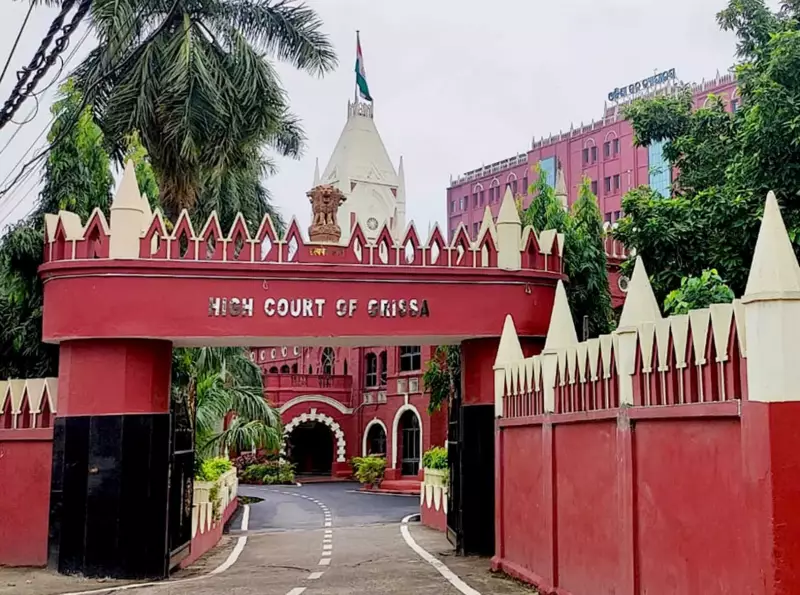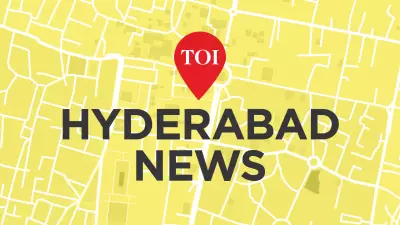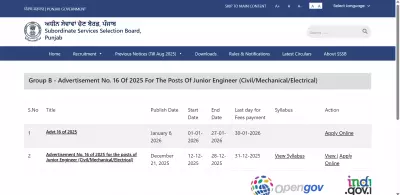
In a groundbreaking move that promises to transform the educational landscape of Odisha, the state's High Court has issued a powerful directive aimed at creating truly inclusive learning environments for differently-abled students across all educational institutions.
A Judicial Push for Equal Opportunities
The Division Bench, comprising Chief Justice Dr. S. Muralidhar and Justice Gourishankar Satapathy, delivered a comprehensive judgment that addresses the long-standing barriers faced by students with disabilities. The court emphasized that inclusion isn't merely about physical access but encompasses academic, social, and emotional integration.
Key Directives for Educational Transformation
The High Court's ruling outlines several critical measures that educational institutions must implement:
- Infrastructure Overhaul: All schools and colleges must upgrade their facilities with ramps, accessible toilets, and barrier-free classrooms
- Learning Material Adaptation: Educational content must be made available in accessible formats including braille, audio books, and digital formats
- Teacher Training: Comprehensive training programs for educators on inclusive teaching methodologies and disability awareness
- Assessment Reforms: Modified examination patterns and evaluation methods to accommodate different learning needs
- Support Systems: Establishment of counseling services and peer support programs
Beyond Physical Accessibility
The court's vision extends far beyond mere physical infrastructure. The judgment recognizes that true inclusion requires a fundamental shift in institutional mindset – from viewing disability as a limitation to celebrating diversity in learning styles and capabilities.
Educational institutions are now mandated to create Individualized Education Plans (IEPs) for students with special needs, ensuring that learning strategies are tailored to individual requirements rather than forcing students to conform to standardized systems.
Implementation Timeline and Monitoring
The High Court has set clear deadlines for compliance, with regular progress reports required from educational institutions. A state-level monitoring committee will oversee implementation, ensuring that the directives translate into meaningful change rather than remaining on paper.
This landmark judgment positions Odisha as a potential leader in inclusive education, setting a precedent that other Indian states may follow. The court's emphasis on dignity, equality, and participation reflects a growing recognition that education systems must evolve to serve all students effectively.
As educational institutions across Odisha begin this transformative journey, the state moves closer to realizing the constitutional promise of equal educational opportunities for every child, regardless of physical or learning challenges.





